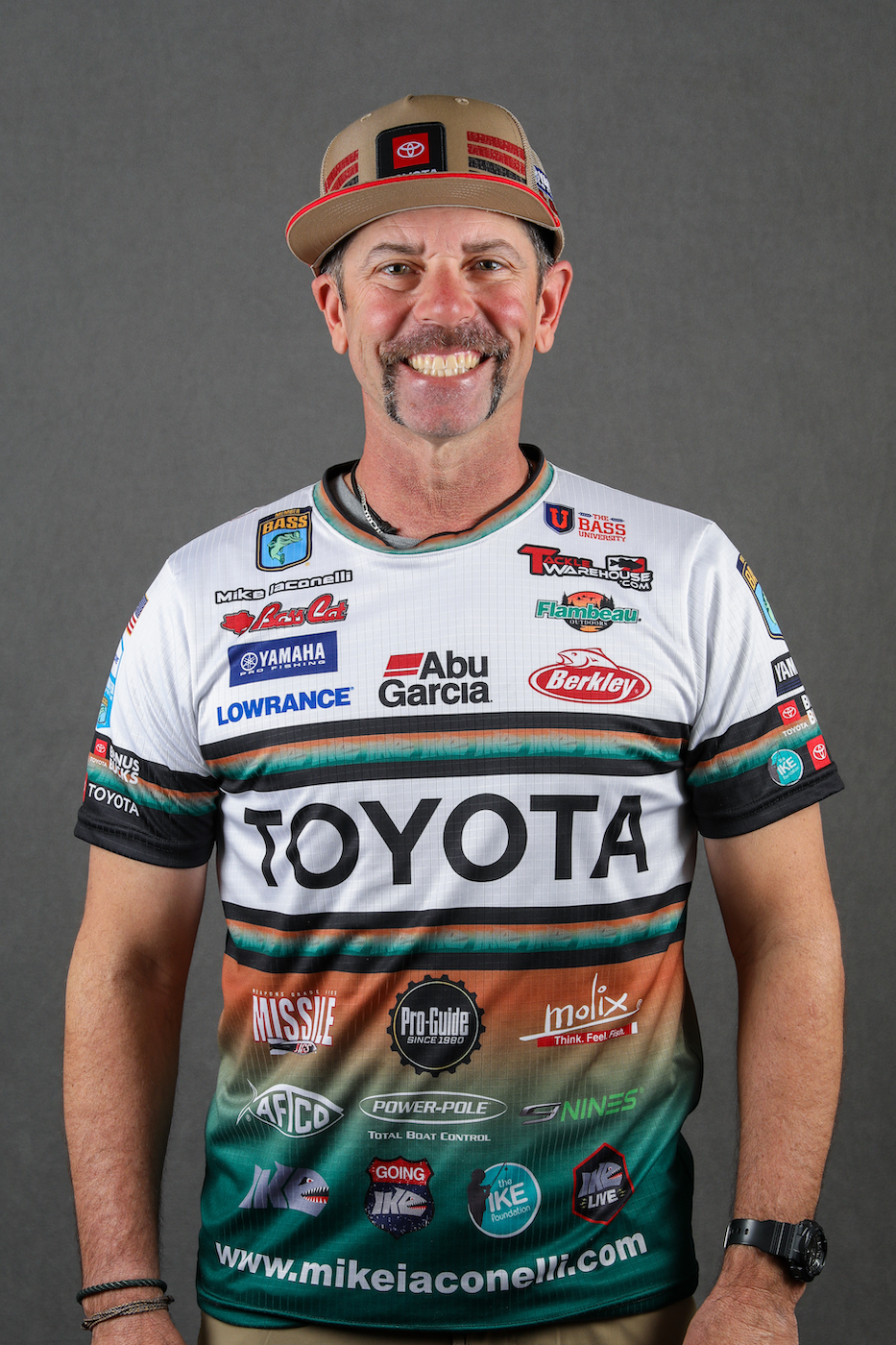In my last blog we talked about how I prepare for an event like the Bassmaster Classic using my eyes and my electronics. This week we'll take a look at how I map the details of what I found using lures.
The idea is to get as much information about a spot as possible. That means finding out whether a rock is bigger on the north side than it is on the south side. Or, maybe figuring out how big the stumps are as measured by their absolute size, and in relation to each other.
Is the one on the upstream end of the channel bigger than the one on the downstream side? I also want to know if one's harder than the others, as well as what the substrate's like. Is it fine sand or heavy clay with only a little sand mixed into it?
Lures can help me do that. I can tell relatively small differences in size with a jig or a Carolina rig. If I drag the weight slowly over each side of a rock I can usually feel a difference of only a couple of inches. Sometimes the jig works best and sometimes a Carolina rig is better suited to the job.
That information can make a big difference at the scales. Often, bigger fish will relate to one side or the other of a rock. If I know they're holding on the fatter side, and if I know where that is on every rock I've marked, I can cover a spot with one or two casts rather than six or seven. That makes a big difference by the end of the day.
You can also bounce tungsten, or bang a crankbait, off a stump and get a pretty good idea of your target's density. Again, that gives you a huge advantage. During the tournament, if you find the bass holding to hardwood, you know which stumps you should fish and which ones you should pass by.
I suggest you give these techniques a try this year. They'll make a big difference in your fishing. Start in shallow water where you know what you're hitting with your bait. Pay attention to how it feels. Once you have the basics down give deeper water a try.
Don't get me wrong: Modern electronics are awesome. I use them all the time. Still, I like to feel what I'm fishing. It gives me a better sense of what I'm doing, more than I can get from a screen.
Some of you may think this is an awful lot of work for very little additional information. You'll wonder if it's worth it. All I can say is that $500,000 and the prestige of winning a Classic makes it worth it to me. I would think catching more bass on your day off, or winning your club championship, would make it worth it to you.





